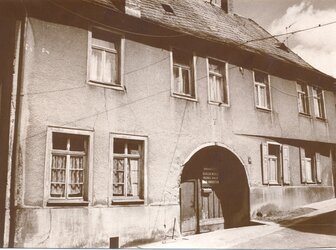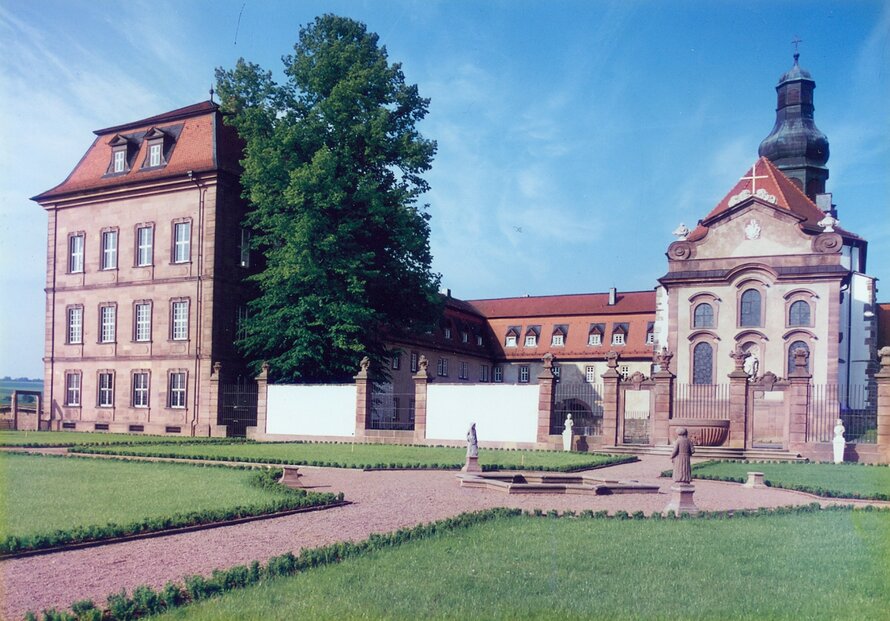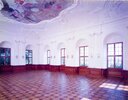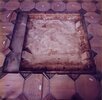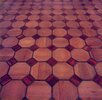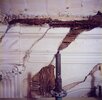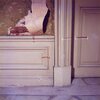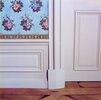"Roter Bau" at Former Priory Johannesberg, Fulda
The so-called "Rote Bau" is an essential construction unit of the ancient Johannesberg priory, a baroque ensemble, designed by the architect Andrea Gallasini in the 18th century, incorporating the existing medieval monastery. In the 1970's the urgency of a new use of the priory ...
Read more
Project details
| Title: | "Roter Bau" at Former Priory Johannesberg, Fulda |
|---|---|
| Entr. year: | 1996 |
| Result: | Medal |
| Country: | Germany |
| Town: | Fulda (Hesse) |
| Category type: | architectural heritage |
| Building type/ Project type: | Religious building/memorial |
| Former use: | Priory |
| Actual use: | Advisory centre for Craft and Conservation |
| Built: | 18th century |
| Architect / Proj.leader: | Andrea Gallasini, Architect |
| The Jury's citation: | "Für die Instandsetzung, schonende Restaurierung und für die Denkmalpflege wichtige pädagogische Nutzung eines bedeutenden Barockdenkmals als Teil eines großen Gesamtprojekts" |
| GPS: | 50°31'25.1"N 9°39'40.7"E |
| Web, Links: | www.denkmalpflegeberatung.de/ |
Description:
The so-called "Rote Bau" is an essential construction unit of the ancient Johannesberg priory, a baroque ensemble, designed by the architect Andrea Gallasini in the 18th century, incorporating the existing medieval monastery. In the 1970's the urgency of a new use of the priory emerged, to preserve the building from decay. The idea was born to use the rooms for a training centre for crafts and the preservation of historic monuments. It was very important to preserve as much original substance as possible and to effect the necessary changes on the basis of original findings. The analysis of the findings proved that the building substance is in a quite good condition; it had to be cleaned and completed. Essential works were the restoration of the frescos, the stuccos and the floors. The solution for the ground floor and the first storey is a cautious use of the rooms in form of offices by the German Centre for Crafts and the Preservation of Historic Monuments. The festival hall in the second storey shall only be used occasionally and very limited. The wall papers in the first storey have been reprinted and the still existing pieces of original wall paper have been covered with the reprints.
Similar projects
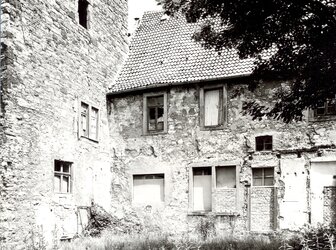
14th century
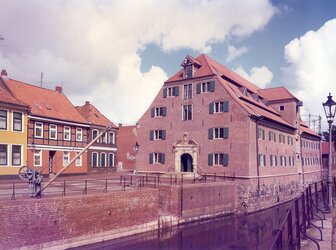
17th century
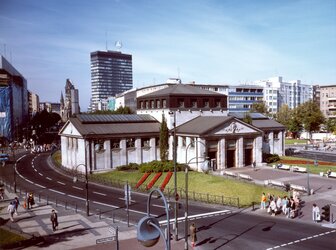
20th century

15th century
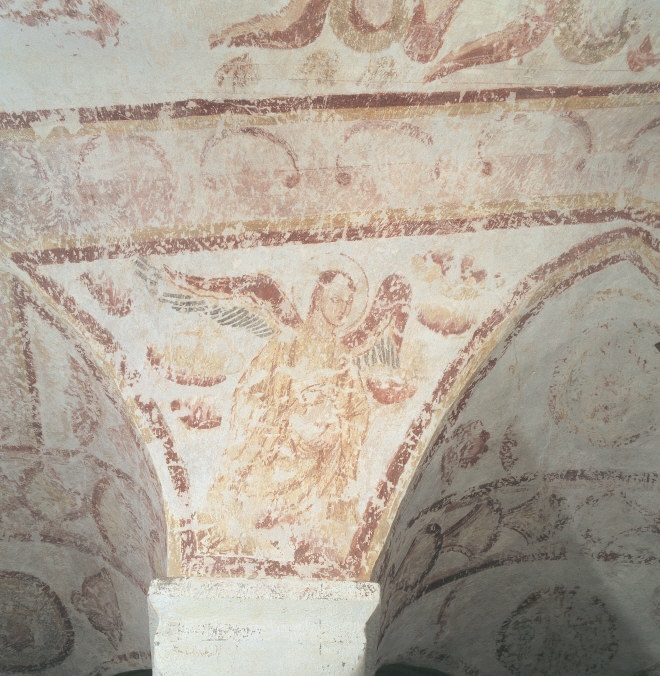
11th century
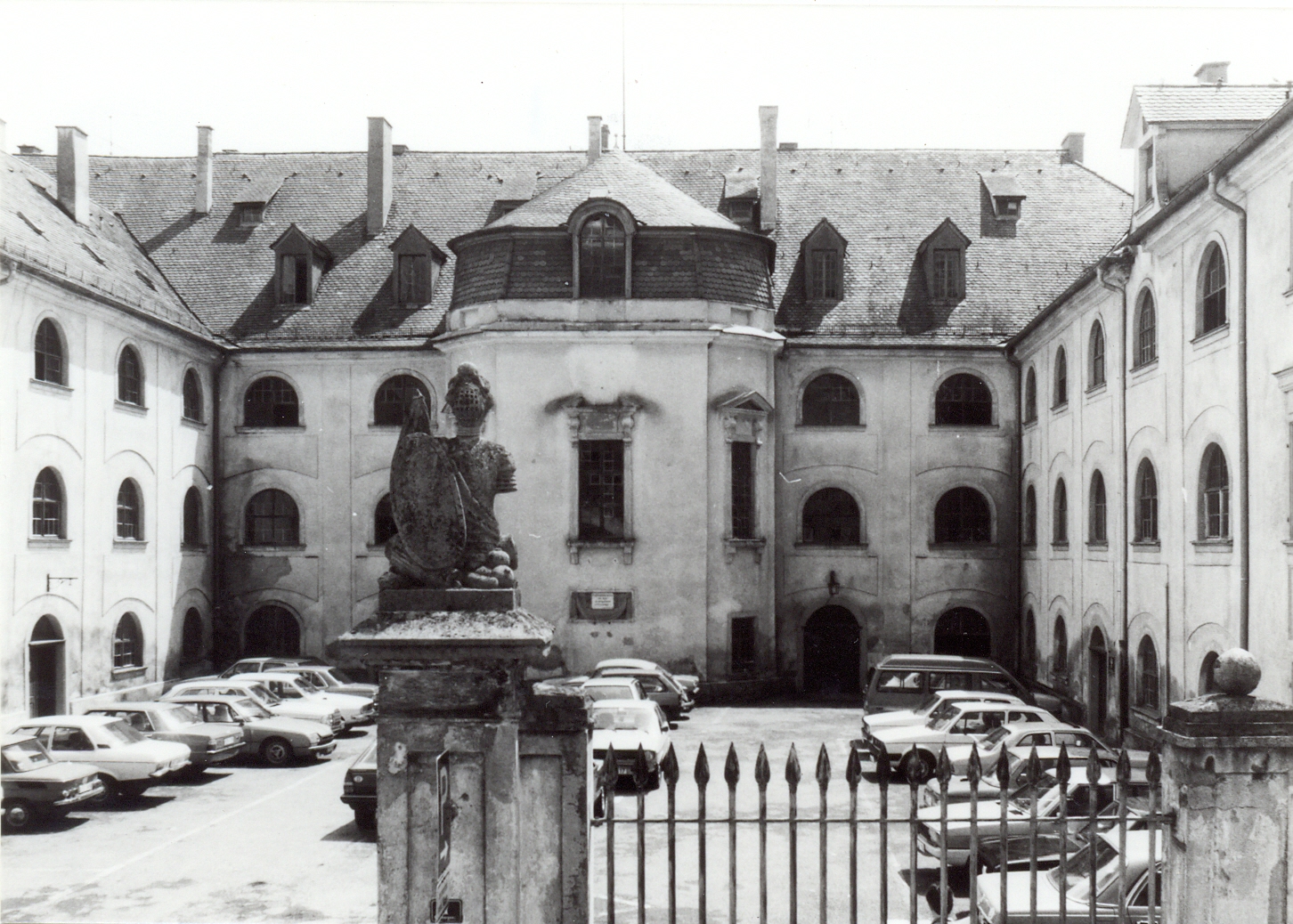
19th century
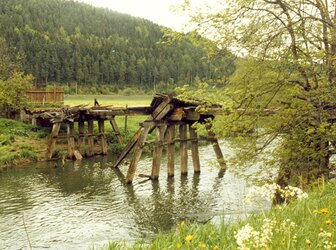
13th century
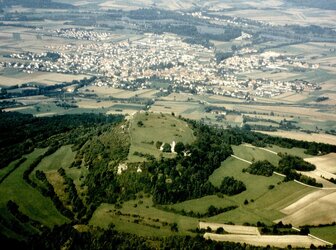
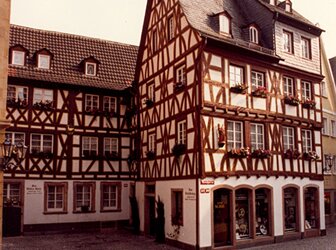
15th century
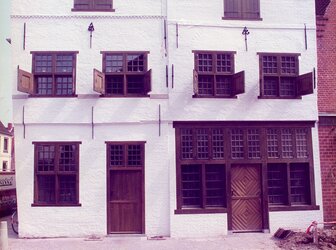
17th century
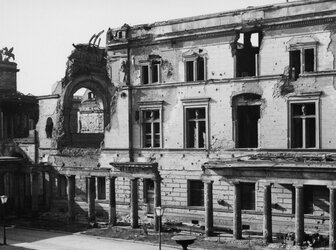
19th century
